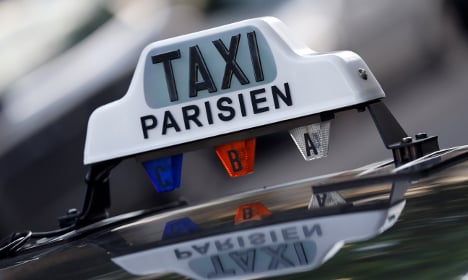
Liam Boogar, the CEO of Rude Baguette, France's start-up blog, is convinced the tech idea won't work.
The French government has launched the app "Le Taxi" for Paris taxi users in a bid to challenge the popularity of Uber. Disgruntled Uber drivers, meanwhile, have also launched their own app to compete with their employers.


Member comments